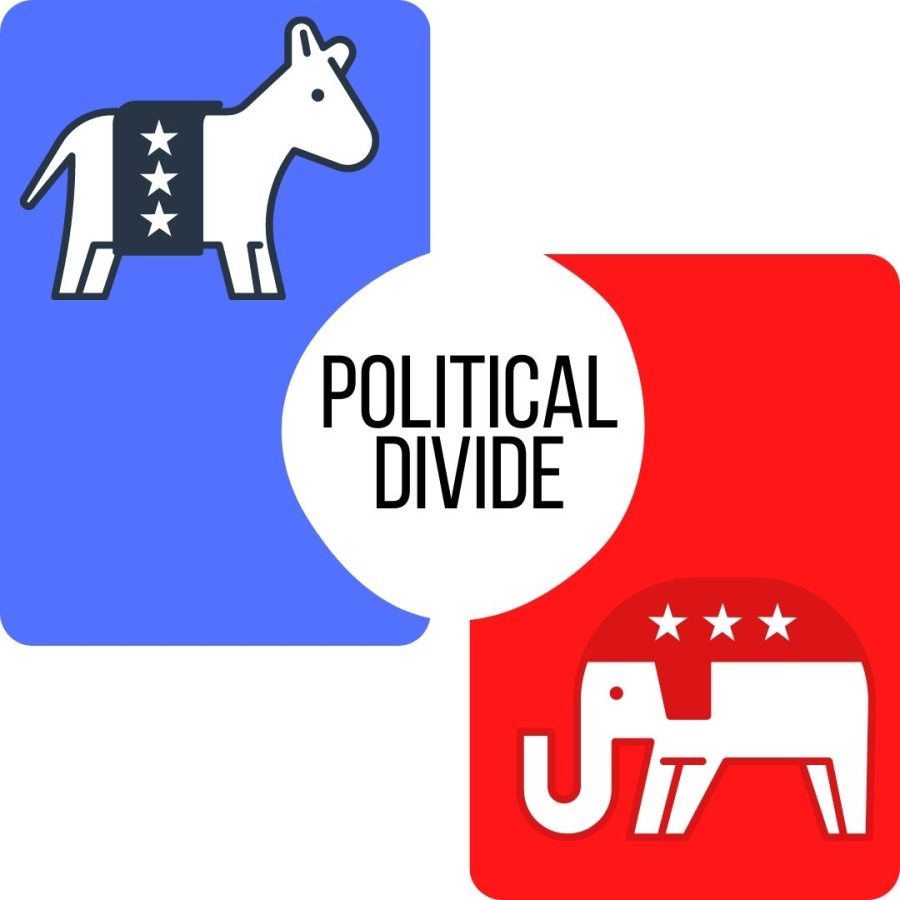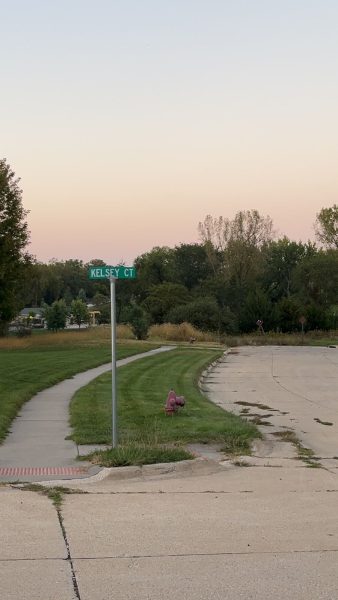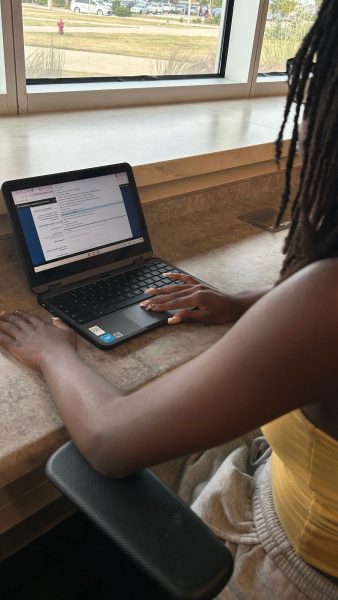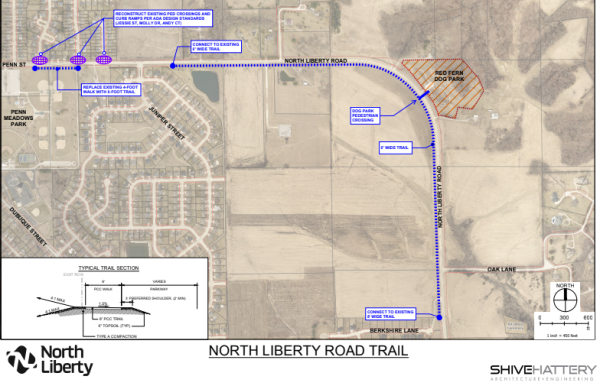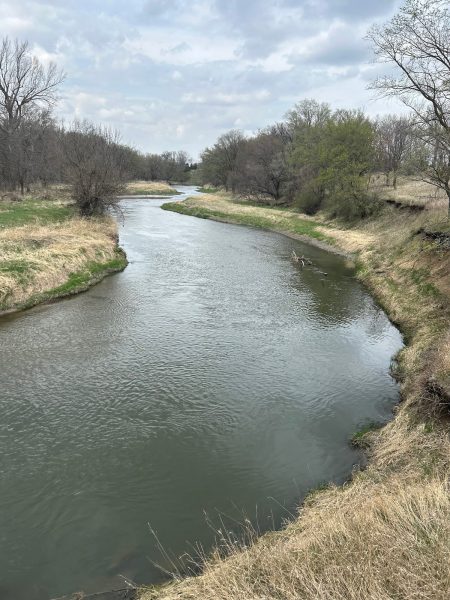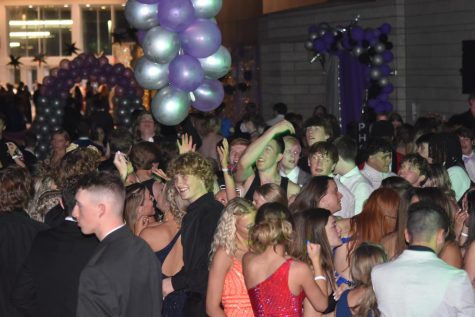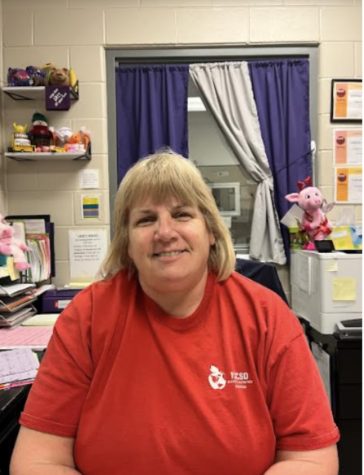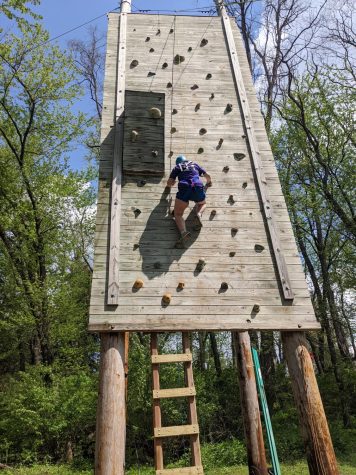Political Divide at Liberty
Our country was built on democracy and that is still true with today’s political standings.
Our country was built on democracy and that is still true with today’s political standings.
Politics; the topic that divides classrooms, the topic that rips apart families at Thanksgiving, and the topic that can destroy a capital. We are arguably the most politically involved generation, with social media accounts such as @genzforchange and @therepublicanhypehouse attracting teenagers from all around the country.
At Liberty, this topic comes to a halt, with teachers being restricted from talking about politics, and the fact that political discourse is often discouraged. However, during the past election and a worldwide pandemic, it has been impossible to completely avoid the topic.
History and economics teacher, Gabrielle Kouri, recognizes how our current political atmosphere attracts younger people.
“[The] problems that we’re having are very immediate, like climate change, and I think younger people are more alarmed by that, especially because [this generation] hasn’t been through a lot of the ‘scares’ or crises that adults have been through, so younger people are more sensitive, but they understand the urgency,” she said.
As a history teacher, Kouri knows how heated a classroom can get.
“A couple of years ago… during our discussions people would ‘jump out’ and become political in a way that wasn’t related in our discussion,” she said.
During the 2016 election, ICCSD school West High made national news for the impact the results of the 2016 election had on their students and the conflicts with former Donald Trump and Hilary Clinton supporters.
Popular news source, The New York Times, stated: “West High has become a microcosm of the United States itself, a place roiled by tension, divisions and mistrust. Students in many schools say supporters of Donald J. Trump have felt empowered to lash out at minorities, while outraged backers of Hillary Clinton have been spurred to organize and demonstrate. And teachers have been struggling to provide guidance even as they themselves are processing the election results.”
We all come from different backgrounds and experiences. Most of the time, these backgrounds and experiences shape our political outlook. Gavin Bailey, a sophomore, and a Bernie Sanders supporter, came from New York City, a place well known for diversity.
“Coming from New York, I was exposed to a lot more diversity there and that really inspired the beliefs I hold, seeing lots of different people with different stories does a really good job opening your eyes to certain things,” he said.
While Bailey was raised in a more open minded setting, Samantha Gumper, sophomore, was raised in a Catholic family which influenced her more conservative beliefs.
“As a Catholic, my beliefs fall more towards the right, but I still agree with some things on the left- I’m not fully one way or the other,” said Gumper.
Gumper and Bailey both recognized the same misconception about their political beliefs- that they both identify with the extreme ends of the political spectrum.
“The second you say you’re a liberal I think a lot of people believe ‘oh you’re an extremist, people automatically assume you’re an extremist when that’s not always true,” said Bailey.
When asked about misconceptions about the opposing party, Bailey and Gumper had to take a minute to think about it.
“When you think of a Republican you probably think of a white man in a business suit… a lot of people also think that Republicans don’t support gay rights and other civil rights issues,” commented Bailey
According to ‘Gallup’, a US analytics company, support of same-sex marriage among Americans has risen to 70%- this can mostly be contributed by the growing support from the Republican party.
“[Some people believe] that democrats are uneducated and that they blindly follow what they believe in,” said Gumper.
It’s difficult for us to have an open mind all the time, it’s simply human nature, however, this is the core problem to why we have so much division and disagreements.
So, how do we solve this division? A program called ‘One Small Step’ tackles the issue with a different approach. The idea is to bring two people, with differentiating political beliefs and let them have a conversation. The conversation isn’t what you think it is- it’s just a simple face-to-face conversation, not about politics, just about their experiences with life.
There is an obvious pattern between political issues and personal morals- it’s easier to agree to disagree on issues such as inflation rather than issues such as abortion. We are so caught up in trying to change people’s minds when we can’t because there is no right or wrong solution or answer to most of these issues.
We are currently 2 years into the pandemic, within those two years, we had an election, an insurrection, and a second impeachment. There is always going to be division, no matter what. Therefore, we have gotten more comfortable within the divide.
“It seems like I do sense some division now, but I don’t sense the open hostility with the groups of students that I have now… with COVID people have become more aware of what other people are thinking,” says Kouri
The truth is, we can’t make any progress with the current state of division we are in. We are more than just democrats and republicans, it might not seem like it, but as humans on this planet, we all have a common goal, we all want the best for ourselves, others and future generations. Unity starts with us.
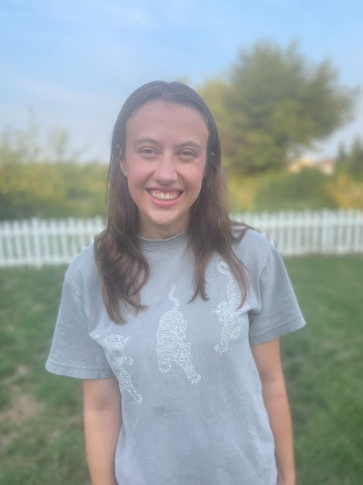
Megan is a senior at Liberty. This is her third year on staff and she is the editor-in-chief for the 2023-2024 school year. She is involved in theatre,...
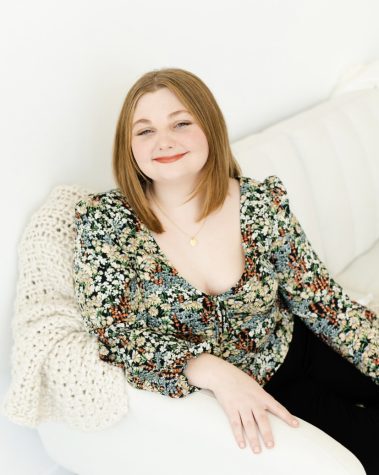
Chloe is a senior at Liberty and this is her second year on staff. At Liberty, Chloe is involved in cheerleading and tennis. Outside of school, she enjoys...



